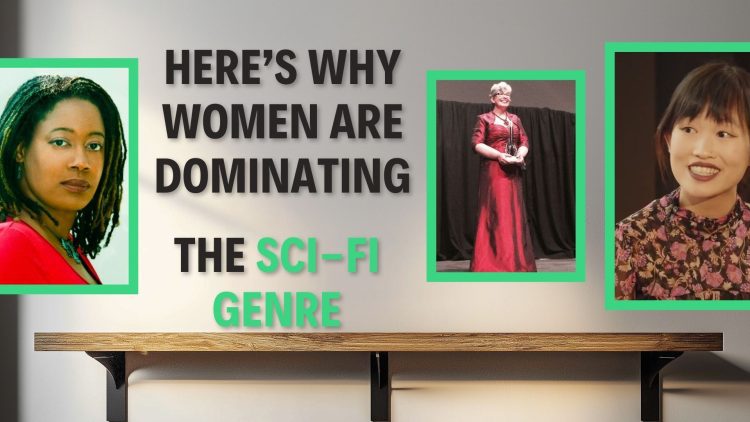When we think about science fiction, the first names that come to mind are probably Asimov, Clarke, or Dick. These guys practically built the genre, and their influence can’t be denied. But here’s the thing – when we focus too much on those giants, we miss something huge: women’s voices in sci-fi have been making waves for way longer than we often give them credit for. And the truth is, women have always had a more significant impact on the genre than we realize.
Sure, sci-fi has historically been dominated by male authors. But here’s the kicker: in recent years, women sci-fi authors have been overtaking the genre by storm.
RelatedBinge-Worthy Sci-Fi Book Series You Won’t Be Able To Put Down
Here’s Why Women Are Taking Over The Sci-fi Genre
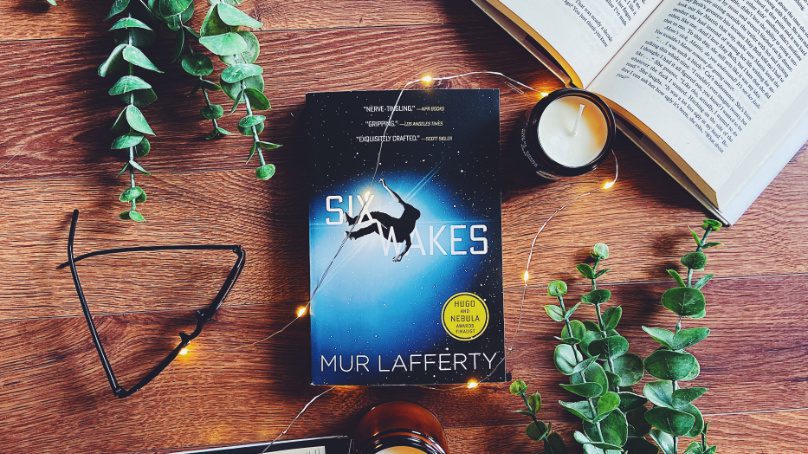
It is no secret that male representation in the science fiction genre has been dominant since the early years. They pioneered the genre with classic science fiction novels that still stand the test of time and are read by almost all readers who love the genre.
However, there has been a pivot that has started in recent years. Female authors have been dominating the genre with multiple award winners since the early 2000s if not before.
As they say, the numbers do not lie, simply look at the information aggregated from the Hugo Awards winner and Nebula Awards winners from 2000 until 2024:
Best Novel Hugo Award Winners
- Female authors: 16 wins from 2000 to 2024
- Male authors: 9 wins from 2000 to 2024
- Data from: Hugo Awards by year
Just looking at the last 24 years, female authors have won almost double the amount of awards for the Best Novel of the Year! That is an incredible amount and it does not stop there
If we take a look at the Nebula Awards, it paints a similar picture:
Best Novel Nebula Awards
- Female authors: 15 wins from 2000 to 2024
- Male authors: 8 wins from 2000 to 2024
- Data from: Nebula Awards by year
This is a major pivot in the female representation in the science fiction genre! Just as a reminder;
- Hugo Awards – Given annually for science fiction and fantasy works, voted on by members of the World Science Fiction Society (WSFS).
- Nebula Awards – Presented by the Science Fiction and Fantasy Writers Association (SFWA), the Nebulas honor outstanding works in science fiction and fantasy.
Additionally, some quick facts about female authors in the genre:
- N.K. Jemisin: She made history by becoming the first author to win the Hugo Award for Best Novel in three consecutive years (2016–2018) for her Broken Earth trilogy.
- Connie Willis: By 2011, Willis had secured 11 Hugo Awards and seven Nebula Awards, making her one of the most decorated authors in the genre.
If this does not solidify the female authorship dominance in the genre, I don’t know what will…
Enjoying this article?
Subscribe to our weekly newsletterThe Problem of Representation: How Male Writers Got Women Wrong
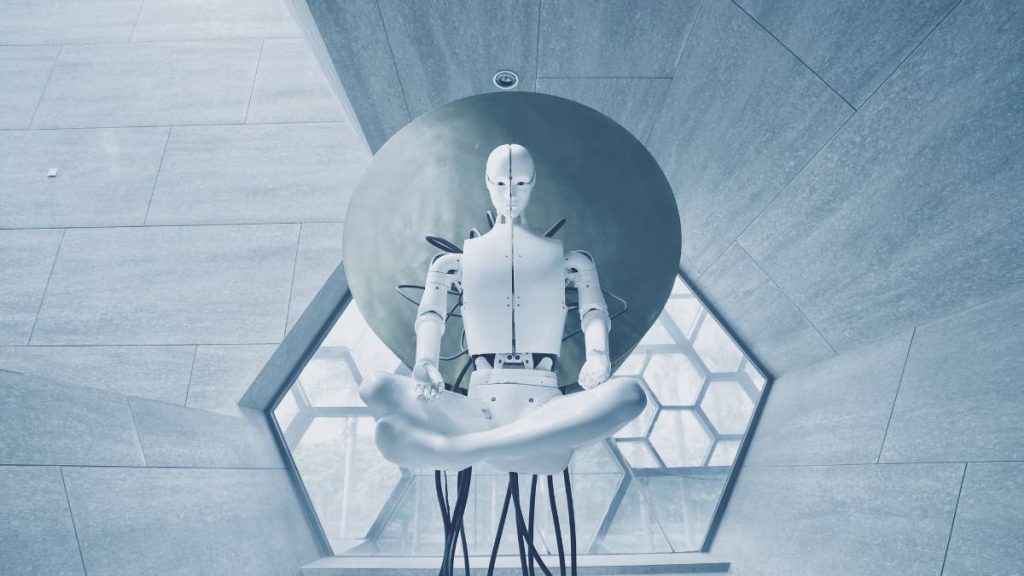
For a long time, women in sci-fi were written as if they’d never met a woman in real life. The “damsel in distress” or the love interest who only existed to motivate the male protagonist – these were the roles women were stuck in.
Additionally, women were often portrayed as emotional, irrational, or simply there to “save” the male character or serve his plot. It wasn’t just lazy writing – it was a reflection of an entire worldview that didn’t see women as complex human beings with their own agency and desires.
Even when female characters were given more action-packed roles, they often came off as nothing more than idealized constructs – either superhuman warriors who were all business or hyper-feminine figures with no depth. This was sci-fi’s attempt at being progressive, but it still missed the mark. These portrayals didn’t capture the messy, multifaceted reality of being a woman.
But here’s the thing: every time a male writer got a woman character wrong, it only highlighted the need for a more authentic voice – a voice that wasn’t just another stereotype or plot device.
RelatedThe Sci-Fi Book That Took 51 Years To Be Published
The Rise of Strong Female Voices: Shaping Representation
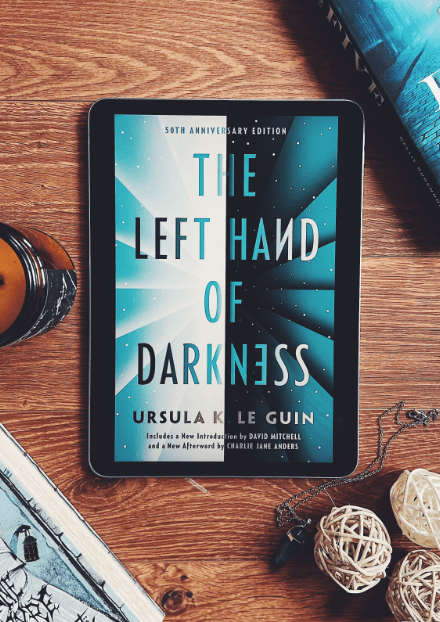
Enter women like Ursula K. Le Guin, Octavia Butler, and Margaret Atwood – authors who took sci-fi and flipped it on its head. These women didn’t just write sci-fi, they wrote women as complex, real characters who weren’t defined by their relationship to a man. They explored the themes that matter – gender, power, autonomy – through the lens of characters who were flawed, intelligent, and fully realized.
Ursula K. Le Guin’s The Left Hand of Darkness didn’t just explore an alien world; it tackled gender and identity in ways that had never been done before. In a world where gender wasn’t defined by biology, Le Guin forced readers to rethink everything they thought they knew about what it means to be a woman (or man).
Octavia Butler’s work, like Kindred and Parable of the Sower, offered powerful dystopian narratives where women of color didn’t just survive – they thrived. These stories were about resilience, power, and survival, and they gave voice to women whose experiences had been ignored by mainstream sci-fi for too long.
Margaret Atwood’s The Handmaid’s Tale doesn’t just stand as a feminist classic, it’s a searing critique of what happens when women’s rights are taken away, a reminder of how easily society could slip into the kind of gendered oppression sci-fi often warned us about. These stories didn’t just give women characters – they gave them a purpose, a voice, and an identity that went beyond being a sidekick or love interest.
Related7 Books Like Netflix’s The Three Body Problem You Won’t Be Able To Put Down
How Female Writers Changed Sci-Fi and Increased Representation
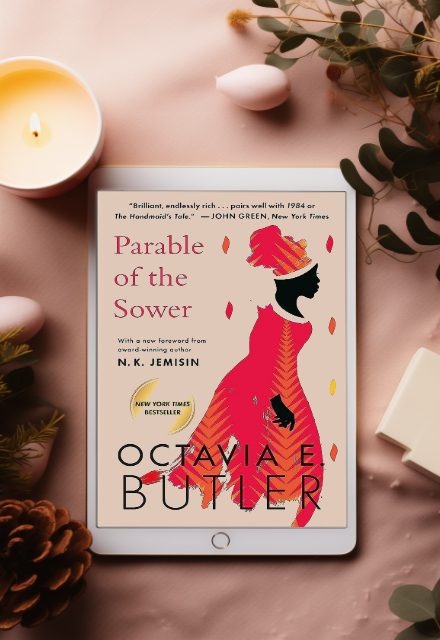
Today, the trend of strong, multifaceted female protagonists is everywhere. Writers like N.K. Jemisin, Becky Chambers, and Tamsyn Muir are leading the charge, bringing us worlds where women’s stories are front and center, not just as supporting characters but as the driving force of the plot.
Take Jemisin’s The Broken Earth trilogy, for example. Her world-building is legendary, but it’s the complex, powerful female characters that steal the show. These aren’t just women who overcome the odds, they’re women who are building their own futures in a world that wants to tear them down. Jemisin’s work is a reminder that sci-fi isn’t just about exploring futuristic worlds; it’s about exploring human resilience, identity, and the ways power works – especially for those often pushed to the margins.
And then there’s Becky Chambers and her Wayfarers series, where the representation of women (and gender identities in general) is rich, diverse, and, most importantly, real. Her characters aren’t confined to a single type of womanhood – they’re allowed to be as diverse and varied as we are in real life.
The Future of Representation in Sci-Fi

What’s exciting is that sci-fi today feels more inclusive than ever, but there’s still so much room to grow. As women continue to shape the genre, we’re seeing a more nuanced and diverse representation of what it means to be a woman in speculative fiction. The future of sci-fi is one where women aren’t just shallow characters – they’re the storytellers, too.
As we move forward, women’s voices in sci-fi will only continue to get louder. The genre is no longer defined by outdated gender norms, and it’s being shaped by the very women who have been fighting for their voices to be heard. Sci-fi isn’t just a place for men it’s a place for women to shape the worlds beyond our galaxy.
In the end, it’s clear: women’s voices in sci-fi have always been bigger than we think and now there is clear proof of it.

